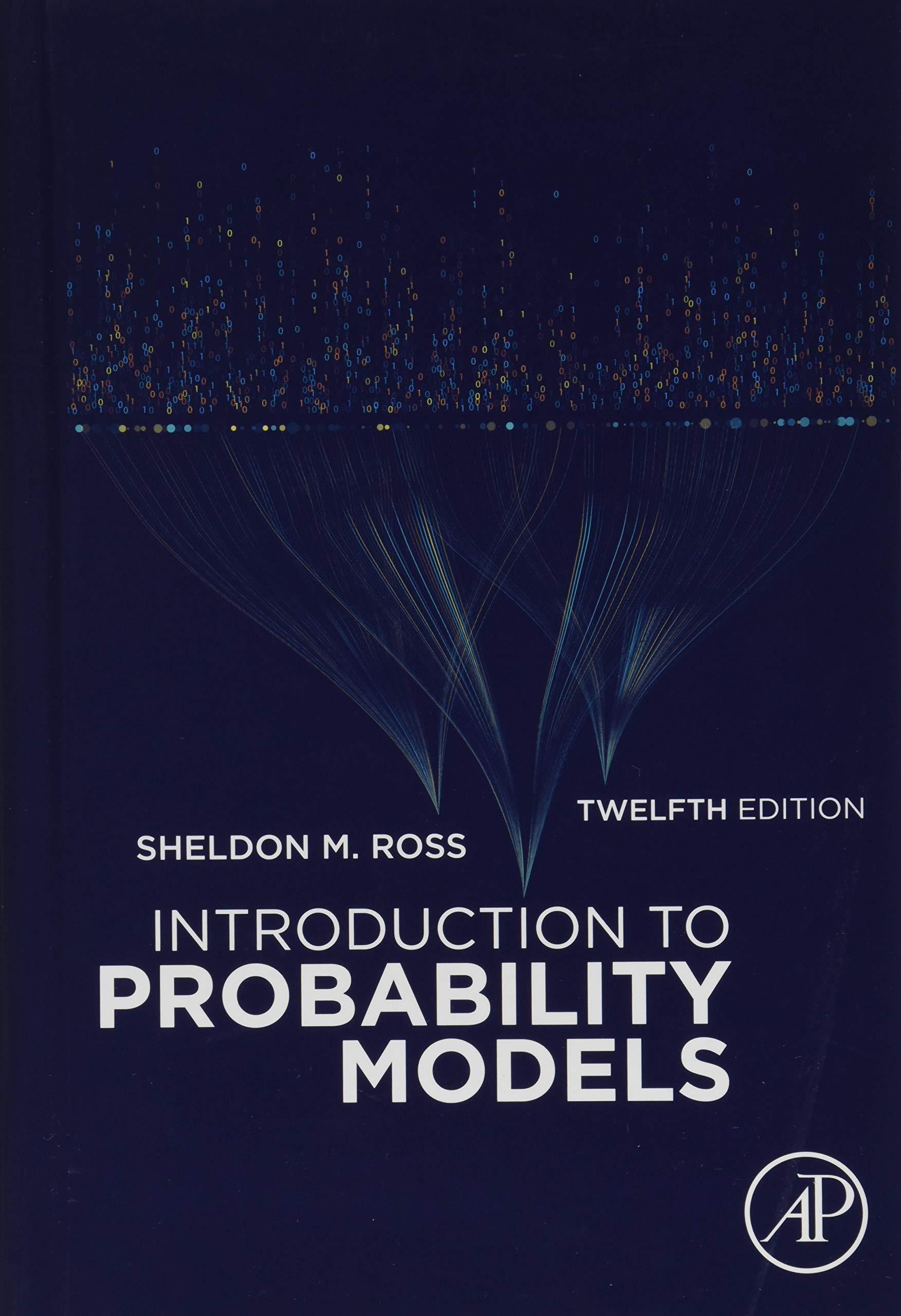Question
37. A medical researcher wants to see whether a new herbal remedy helps people to sleep sounder. To do so,she randomly assigns half of the
37. A medical researcher wants to see whether a new herbal remedy helps people to sleep sounder. To do so,she randomly assigns half of the 50 volunteers inher study to a control group and half to an experimental group. The control group participants are given a placebo to take before bed, whilethe experimental group participants are given the herbal supplement. After six weeks, she finds that2/10 of the subjects in the control group reportsleeping sounder. (This appears to be due to the "placebo effect.") In contrast, 3/10 of the subjects in the experimental group (i.e., ~8)reportsleeping sounder. Does this result indicate strong evidence, weak evidence, or no evidence that the herbal remedy helps people to sleep sounder?
a) What is the null hypothesis?
b) What is the theoretical mean?
c) What is the theoretical standard deviation?
d) What is the significance level of the result? (e.g., >5% level, 5% level, 1% level, < 1% level,etc.)
e) What conclusion should be drawn from this study with respect to the null hypothesis?
Please separate the answers and short explanations.
Step by Step Solution
There are 3 Steps involved in it
Step: 1

Get Instant Access to Expert-Tailored Solutions
See step-by-step solutions with expert insights and AI powered tools for academic success
Step: 2

Step: 3

Ace Your Homework with AI
Get the answers you need in no time with our AI-driven, step-by-step assistance
Get Started


